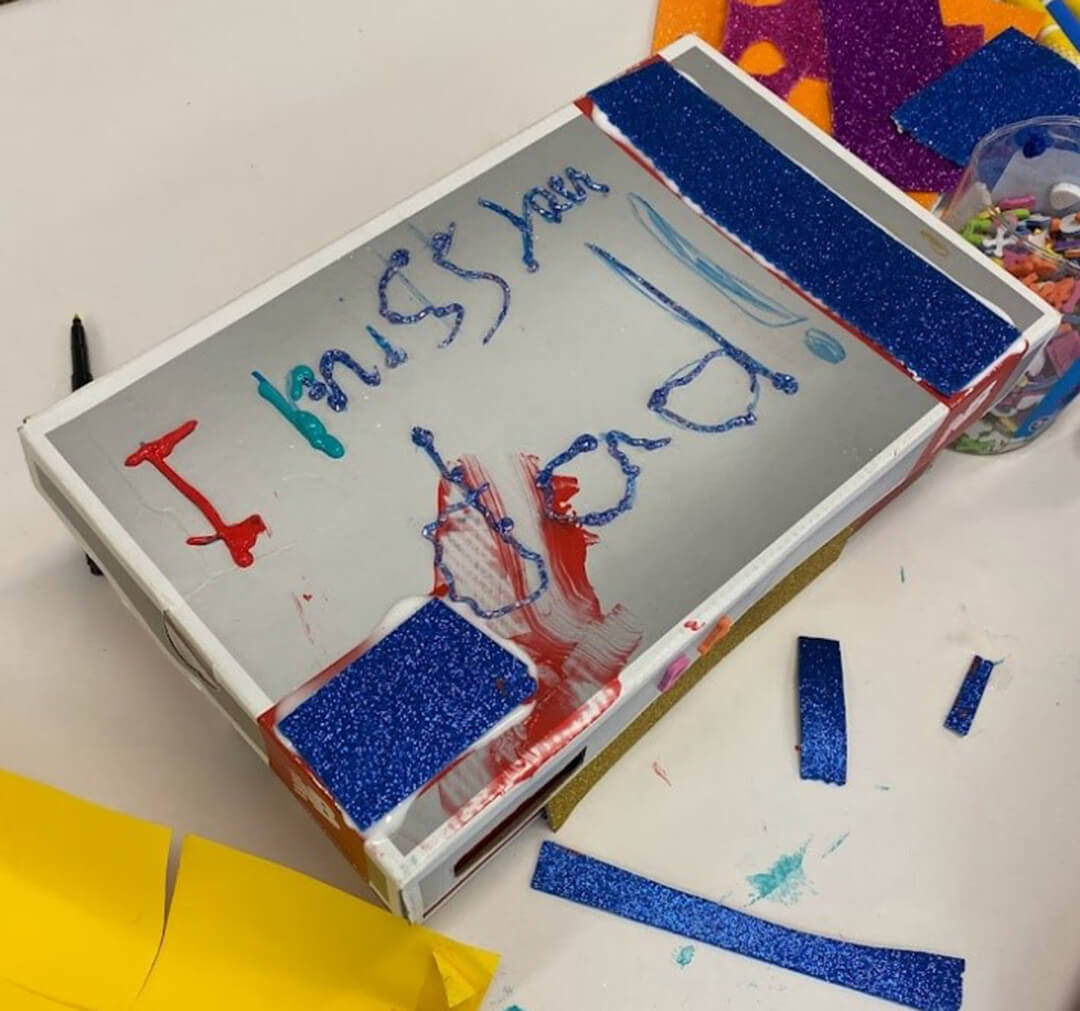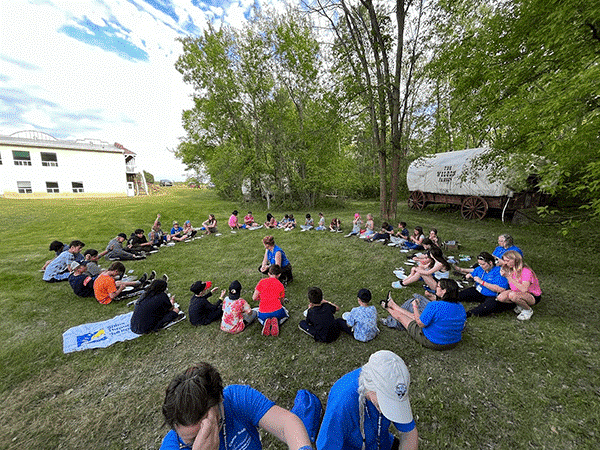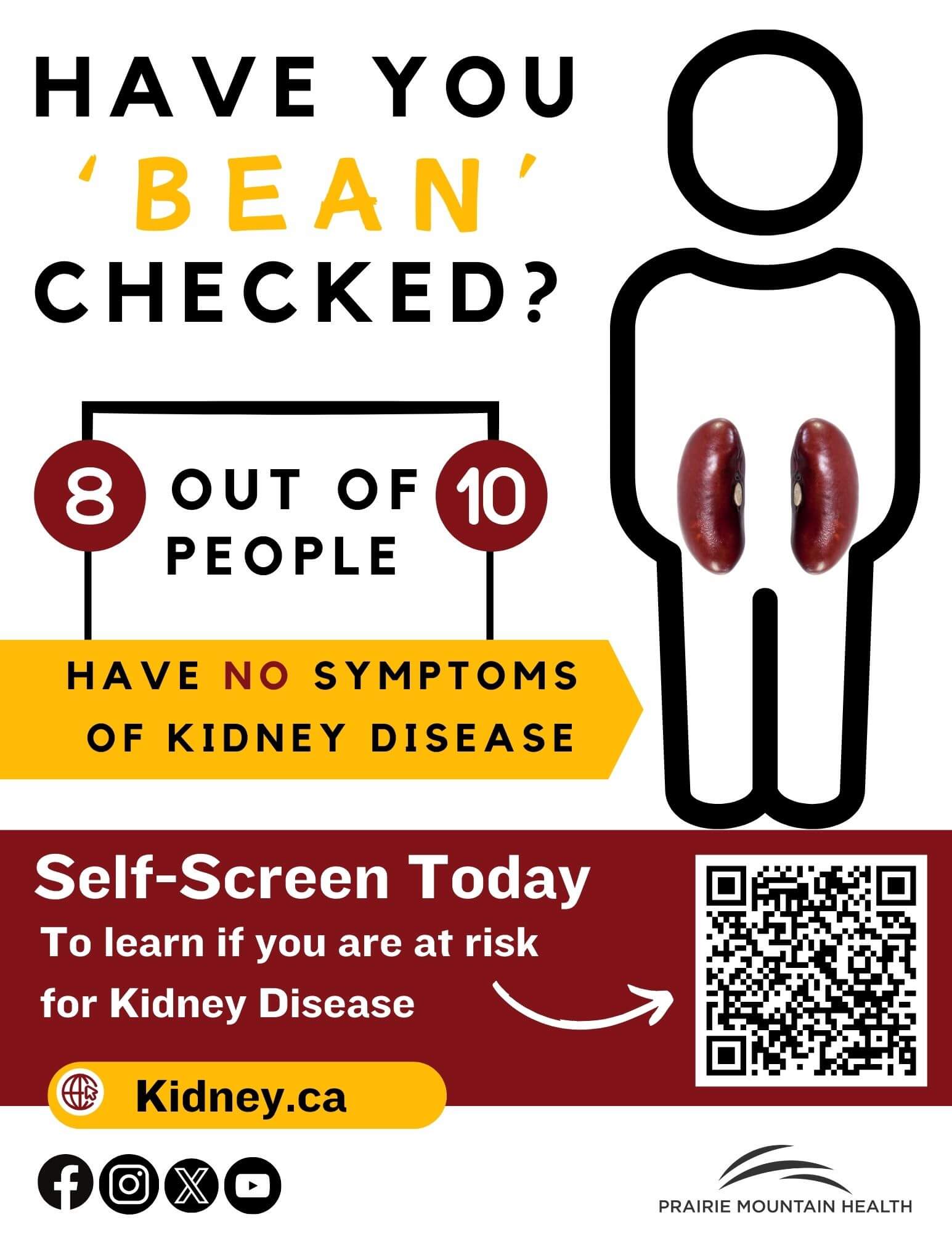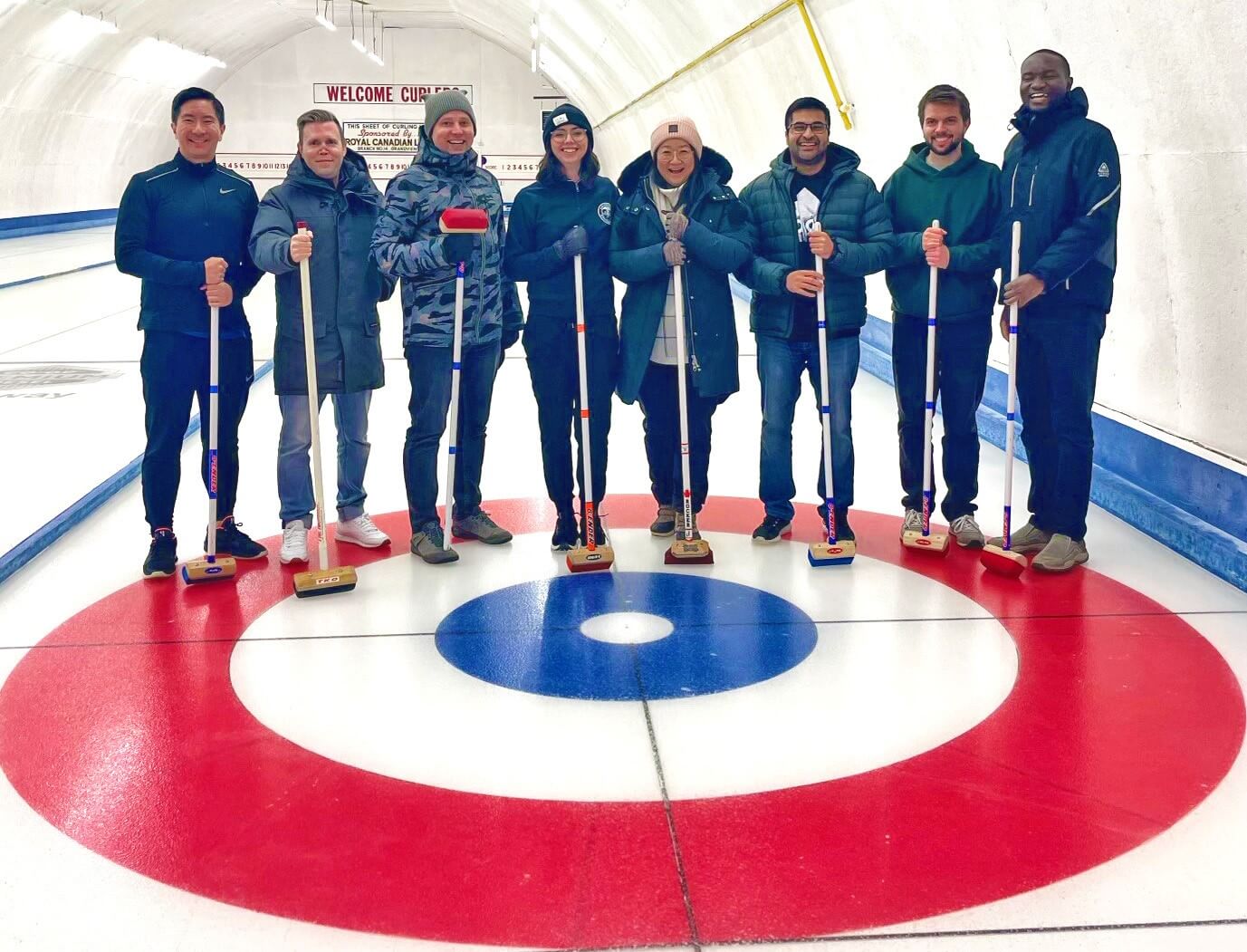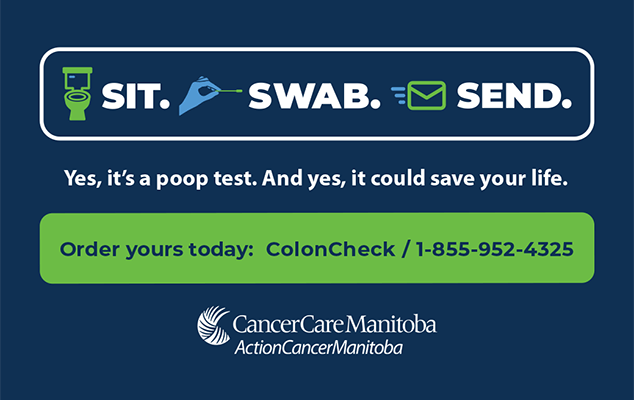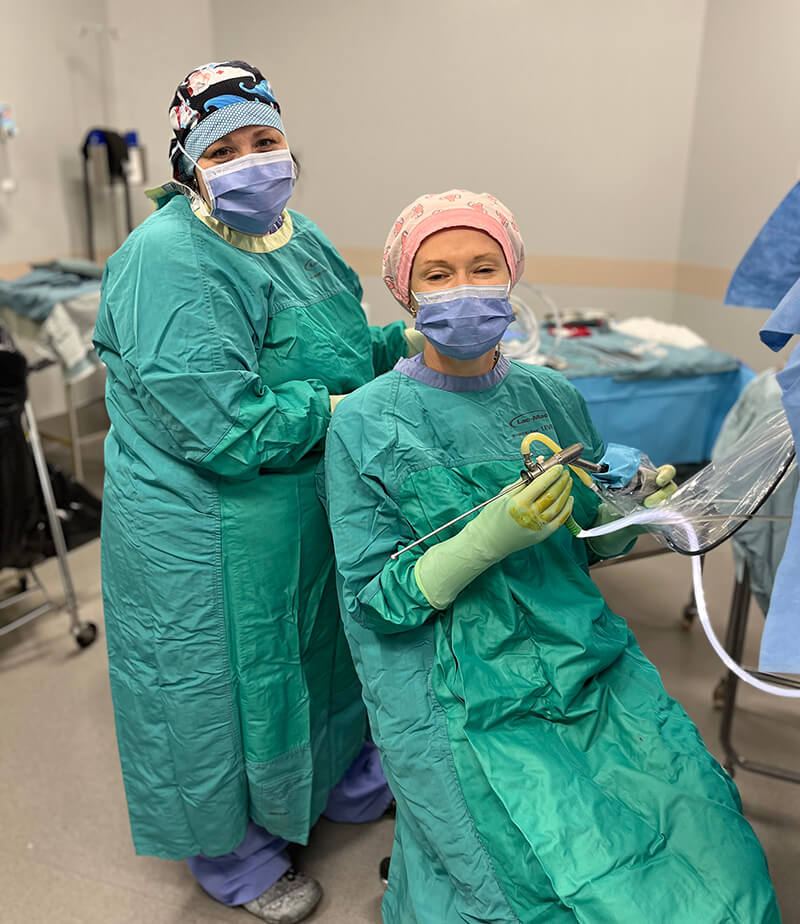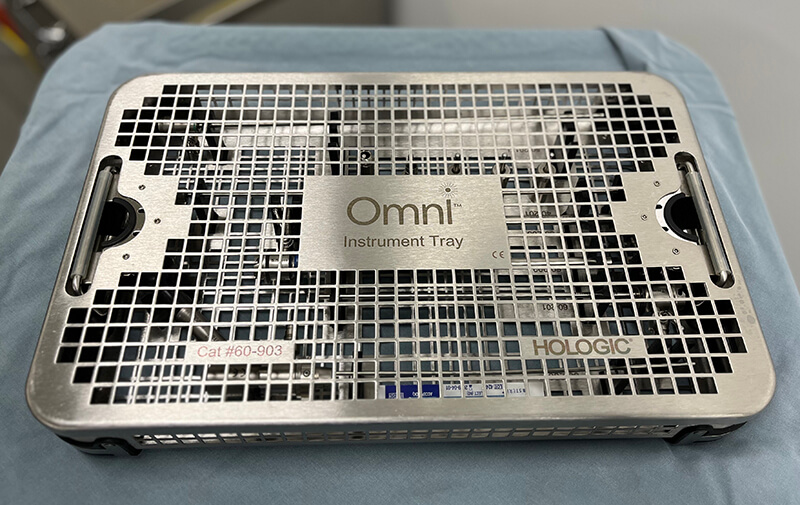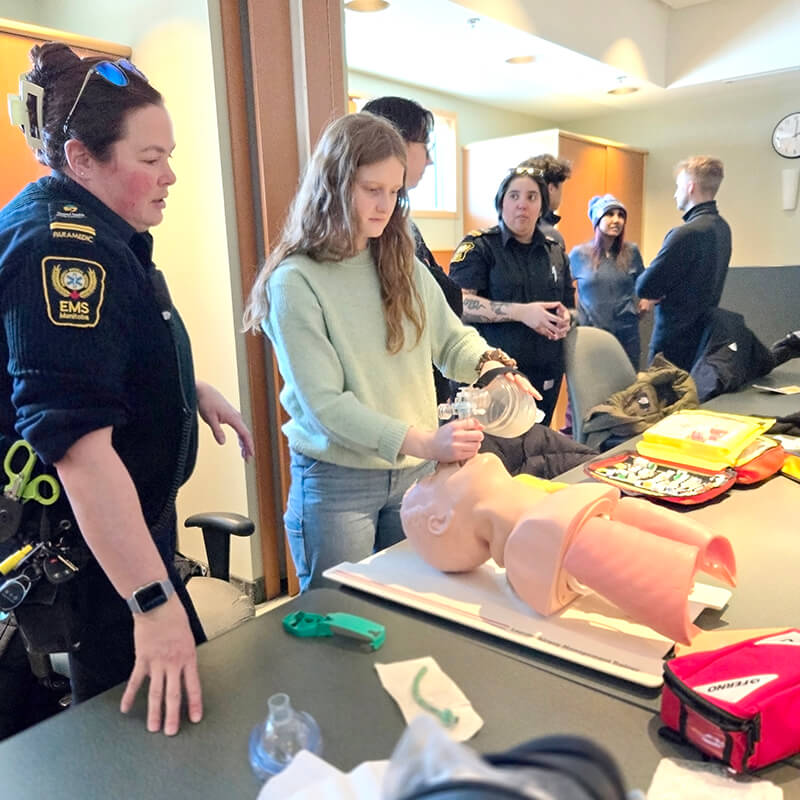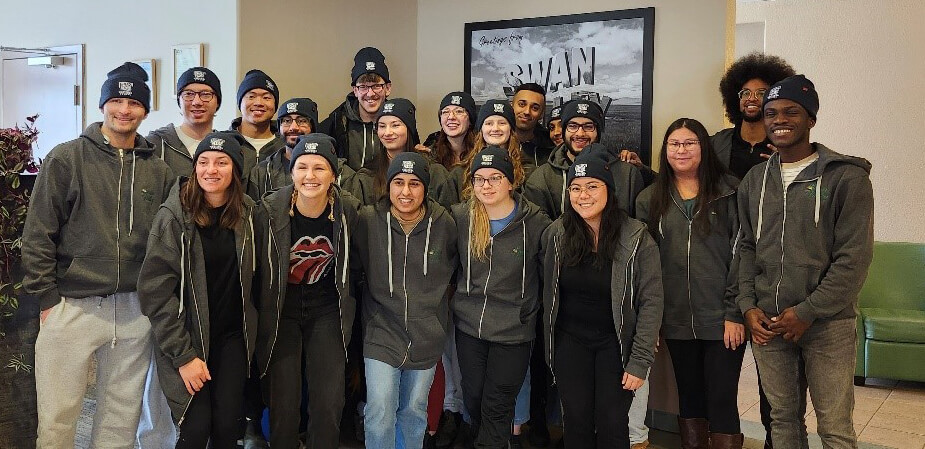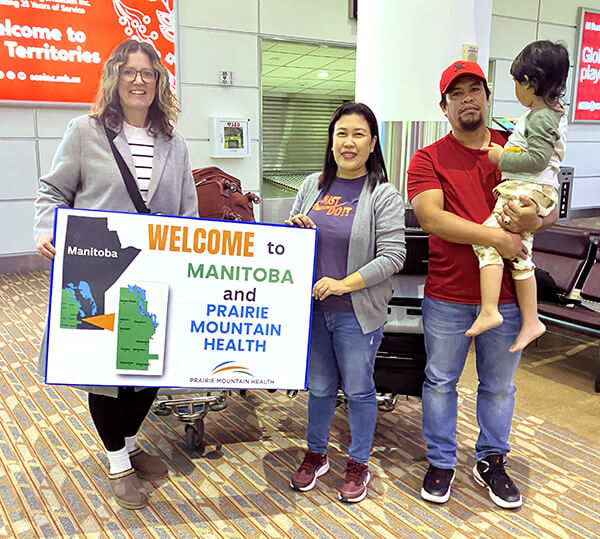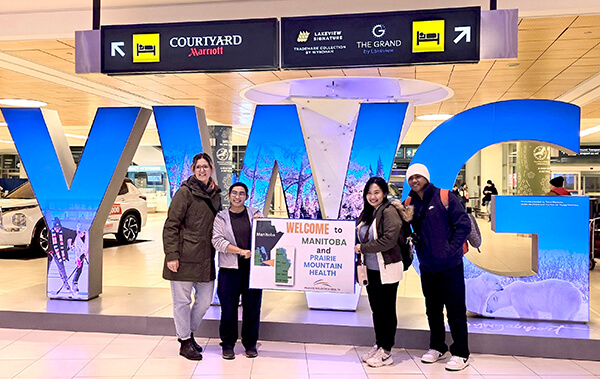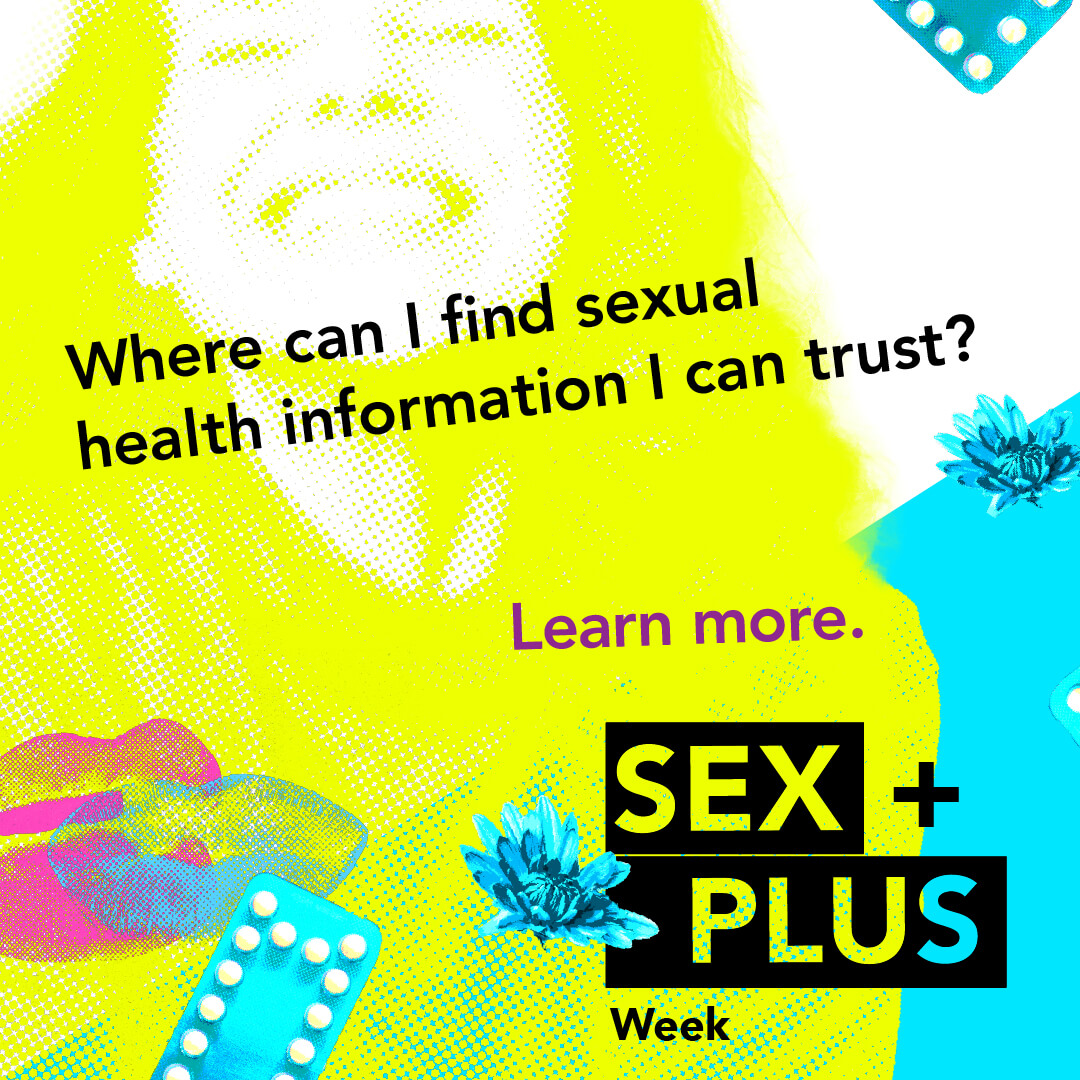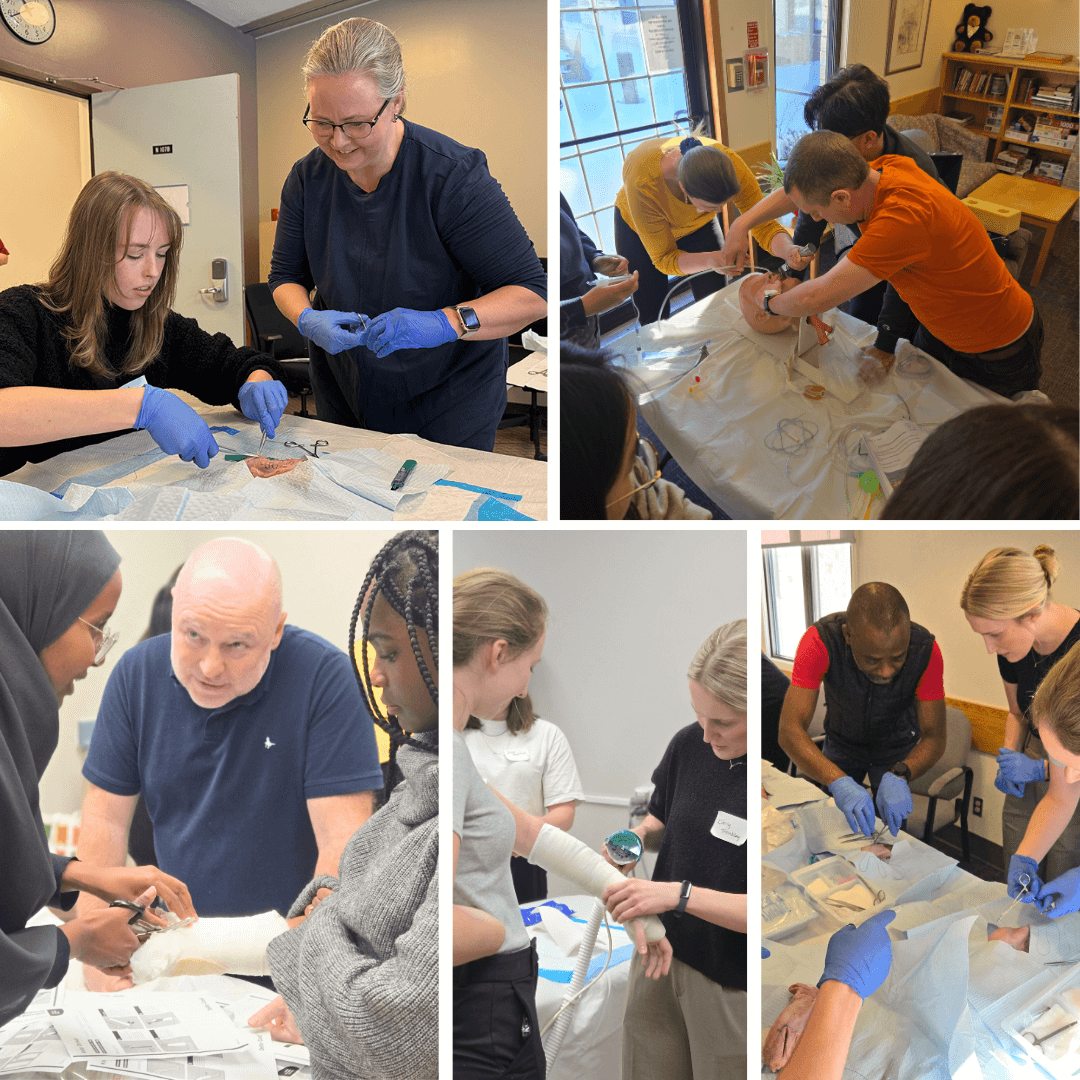Take this job… and love it!
Do you need a job? Are you considering a new career path? Are you looking for fulfilling and rewarding work as part of a team?
No matter what type of career might interest you in health care, Prairie Mountain Health (PMH) likely has a position that fits the bill! There are hundreds of job postings across almost all healthcare sectors in PMH. The region posts all current job opportunities on its website and advertises extensively through its PMH social media framework and other external sources.
“We are always recruiting and continually reviewing our recruitment and retention strategies,” stated Treena Slate, PMH CEO. “We have many sites and facilities open 24/7, 365 days a year, so our needs are great. We are trying new things, getting the word out at events, networking and being seen. Plus, we’ve enhanced our workplace wellness initiatives to support our employees’ well-being. Staff are our most valuable and appreciative asset. In that, there is no debate!”
Human Resources Recruitment Supervisor Larissa Kominko says the healthcare workforce has many moving parts which contribute to numerous job vacancies
“Staff relocate to other areas, others retire, and some are on leave. For work-life balance, staff choose part-time positions over full-time opportunities. Positions also get filled internally, creating a domino effect and leaving another position open. So, our vacancy rates fluctuate at any time, and our job postings reflect that.”
Kominko says PMH offers the following as part of the PMH experience:
- Competitive wages, paid vacation and income protection (sick time);
- A comprehensive health benefits package, including a pension;
- Employee wellness and well-being supports;
- Incentive grants for identified occupations such as a $4,000 Conditional Grant for nurses to work in rural communities; a $4,000 grant for Health Care Aides to work in Personal Care Homes
- Relocation Assistance;
- Education support for employees seeking to enhance their learning or to advance their career;
- Opportunities to learn and advance while working and living in great communities that provide exceptional lifestyle opportunities.
PMH undertakes several methods to promote healthcare careers. There are career presentations to various student groups and organizations, student practicums offered from multiple disciplines, and summer employment opportunities. There are also conditional grants offered in some areas for some hard to recruit to regional classifications.
“We often say recruitment is everyone’s responsibility because many times while recruiting to fill a healthcare position, a person’s spouse or significant other may also be looking for a job. And that might not be in health care. So, then you are partnering with communities, economic development departments, Chambers of Commerce and all those types of stakeholders to assist with mutually beneficial recruitment plans,” Kominko stated.
Many community foundations and local health care committees also offer bursaries for those entering healthcare fields. PMH sincerely thanks all local efforts to assist in workforce recruitment.
The region also participates in Take Our Kids to Work days and a Discover Health Careers (formerly Home for the Summer) Program for those already enrolled in a healthcare field. Volunteer opportunities at our sites can provide an introduction to the field for those who are curious about a career in healthcare.
A complete listing of current job postings and instructions on contacting PMH Human Resources is available by viewing the PMH website at www.pmh-mb.ca/careers.
In the meantime, you can do your part by helping spread the word about our job opportunities. If you have a family member going to school with plans to enter the healthcare workforce, please don’t hesitate to contact us if you have a question about a job posting. Be sure to follow us on Facebook, X (formerly Twitter) and Instagram.
